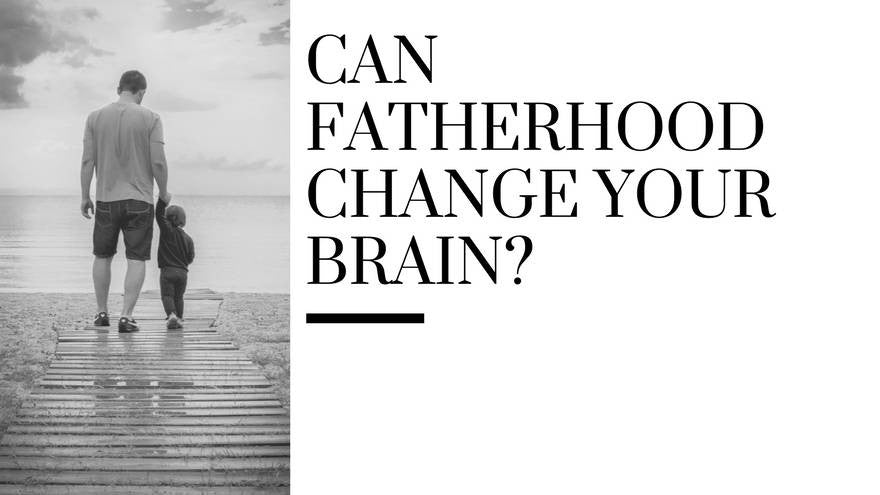
Can Fatherhood Change Your Brain?
By Chris Hohol, Director of Operations, Senescence Life Sciences
Last month for Mother’s Day we discussed the changes that take place in a woman’s brain during pregnancy – but what about Dad? Can fatherhood cause changes in the brain?
A June 2014 study published in the Social Neuroscience journal examined physical changes in fathers’ brains after the birth of their child using MRI brain scans at 2 to 4 weeks and 12 to 16 weeks post-partum. The results showed that new fathers, like pregnant mothers, experience changes in gray matter volume in certain regions of their brains.
Over the course of the study, volume increases were observed in certain regions of the brain such as the hypothalamus, amygdala and striatum. These areas are responsible for the rewarding experience of emotional attachment, reacting to behavioural cues, and affiliative behaviour like showing affection, all of which are important for new dads as they begin to interact and bond with their children.
That these areas of the brain saw an increase in volume could be due to the developing bond between a father and his newborn, which would involve all of the above behaviours for Dad, and in an increasing frequency as his child begins to grow.
In addition, fathers who exhibited a greater increase in volume in the striatum (responsible for motivation, decision making and perceiving rewards) were less likely to exhibit depressive symptoms, especially physical ones such as sleep and fatigue. Hard to believe a new baby can have a positive effect on Dad’s sleeping habits.
On the flip side, fathers also experienced a decrease in gray matter in other areas of their brain, including the orbitofrontal cortex and left insula. These regions are more active during stress, anxiety and periods of uncertainty and ambiguity. Researchers suggested these changes may be a result of the increased interaction between a father and child subsequently decreasing stress levels and ambiguity, as a father develops more confidence in interacting with his child.

Wait a minute…
Some of you keen observers that read last month’s article on the changes in a pregnant mother’s brain may be wondering - why would a decrease in gray matter volume be beneficial to expectant mothers, when this study indicated a gray matter increase, the opposite, is beneficial for new dads?
It is important to note that although both studies showed physical changes are occurring in pregnant mothers’ and new fathers’ brains, neither study pinpointed the exact behavioural changes or adaptations that resulted. Only that based on additional tests of the parents and what we already know about the brain, it seemed likely the changes were beneficial in preparing for and raising a newborn child, regardless of gray matter volume increases or decreases.
Changes in a father’s brain also seemed to occur as a result of interacting with their newborn, versus the changes in a mother’s brain that began during pregnancy.
This all goes to show that there is still much to learn when it comes to changes in our brains that occur as a result of motherhood and fatherhood, as well as about our brains in general.
In the end
At the end of the day it seems I was having a positive effect on my Mom’s brain in utero, and was then able to have a similar effect on my Dad shortly after he met me. Scientific evidence exists that I was already changing Dad’s life for the better at the ripe old age of 2 weeks, as I will be sure to think of it as from now on.
Happy Father’s Day!

Source:
Kim, P., et al. Neural Plasticity in Fathers of Human Infants. Soc Neurosci. 2014 Oct;9(5):522-535. doi: 10.1080/17470919.2014.933713. Epub 2014 Jun 24.
Subscribe to our RSS Feed.